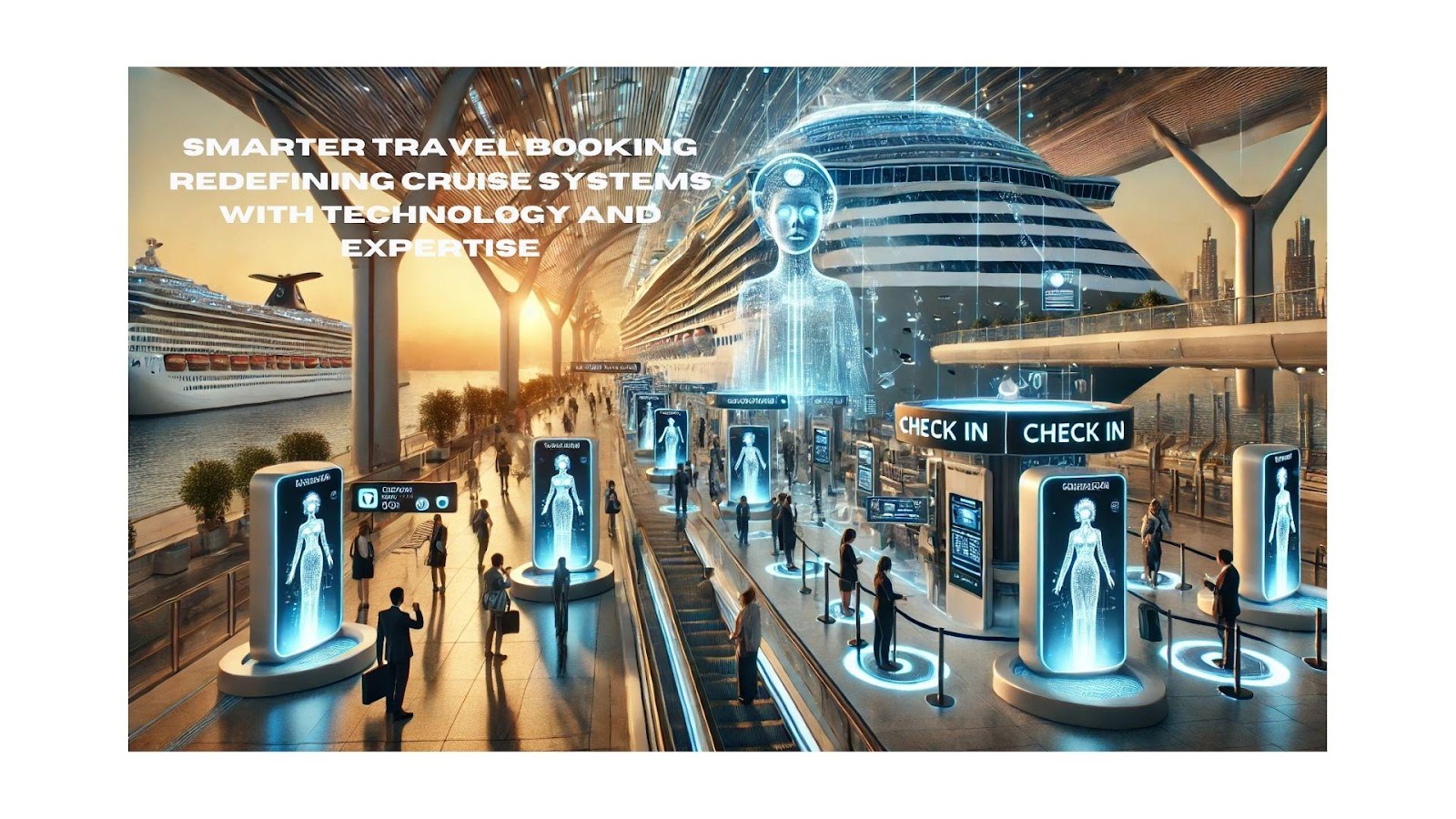In the rapidly transforming landscape of travel technology, innovations that combine human expertise with advanced systems are driving a new wave of efficiency and personalization. Jayaram Bhogi, a visionary author, highlights this trend in their exploration of groundbreaking approaches to revolutionizing cruise booking systems. Their insights delve into how artificial intelligence (AI) and agile methodologies can create seamless, user-centric travel experiences that redefine industry standards.
Bridging Expertise and AI for Seamless Operations
Cruise booking systems have traditionally struggled with striking a balance between automated efficiency and the human touch, both critical for customer satisfaction. By integrating AI with human expertise, this innovation addresses those challenges, creating a harmonious blend of technology and empathy.
AI-driven systems enhance operational efficiency by automating repetitive tasks, analyzing vast data sets, and identifying patterns that inform decision-making. On the other hand, human expertise adds value through creativity, emotional intelligence, and nuanced understanding of complex customer needs. The collaboration between these elements leads to real-time problem-solving, predictive insights, and personalized experiences—a trifecta of benefits for operators and customers alike.
Agile Approaches: A New Standard in Innovation
At the heart of this transformative development is the adoption of agile methodologies. Agile practices emphasize flexibility, iterative development, and customer feedback, making them ideal for creating adaptable systems in the ever-evolving travel industry. These methodologies empower teams to remain responsive to user demands and market shifts, fostering continuous improvement in booking solutions.
Through agile workflows, the system undergoes regular updates and refinements, ensuring it stays ahead of technological advancements and customer expectations. Teams can swiftly identify bottlenecks, experiment with new features, and deliver meaningful updates without significant downtime. This iterative process not only enhances functionality but also builds user trust through consistent performance improvements.
Smarter Personalization for Every Traveler
Personalization is increasingly becoming the cornerstone of exceptional customer experiences. This innovation leverages advanced AI tools to analyze individual preferences, travel histories, and behavioral patterns. Armed with this data, the system crafts tailored recommendations that align with each traveler’s unique needs.
For instance, a frequent traveler seeking luxury experiences might receive curated suggestions for premium cruise packages. Similarly, a family planning a vacation could be offered itineraries that cater to diverse age groups and interests. By offering such precise personalization, the system not only enhances customer satisfaction but also builds loyalty and repeat business.
Enhancing Decision-Making with Predictive Tools
One of the standout aspects of this approach is its reliance on predictive analytics. AI-powered tools process historical data, market trends, and real-time inputs to anticipate customer requirements and preferences. These insights enable operators to make informed decisions, such as adjusting pricing strategies, optimizing resource allocation, and anticipating demand spikes.
Predictive capabilities also benefit customers by simplifying their decision-making process. For example, the system might suggest ideal travel dates, highlight popular destinations, or recommend onboard activities based on individual interests. This level of foresight reduces the burden of planning and ensures a smoother, stress-free experience.
Operational Efficiency and Sustainability
Integrating AI and agile methodologies enhances operational efficiency, automating tasks like ticketing and itinerary planning while reducing costs. This efficiency supports investments in innovations and aligns with sustainability goals by optimizing routes, minimizing waste, and promoting digital transactions. These systems address environmental concerns, resonate with eco-conscious travelers, and contribute to global efforts for greener practices, blending efficiency with environmental responsibility in the travel industry.
The Future of Travel Booking: Efficiency Meets Empathy
This approach revolutionizes travel systems by blending AI’s power with human expertise, creating efficient, empathetic, and personalized solutions. It addresses current challenges while paving the way for advancements like accessibility and integration. Serving as a blueprint for other industries, it demonstrates how combining technology, agile methods, and creativity drives unparalleled service excellence across sectors.
In conclusion, Jayaram Bhogi underscores the importance of harmonizing innovation with human-centric values. This forward-thinking perspective emphasizes that the true potential of technology lies not just in its ability to automate but in its capacity to enhance human capabilities. By championing a vision that prioritizes both efficiency and empathy, this work inspires a new era of innovation that promises meaningful and memorable experiences for customers around the world.



























